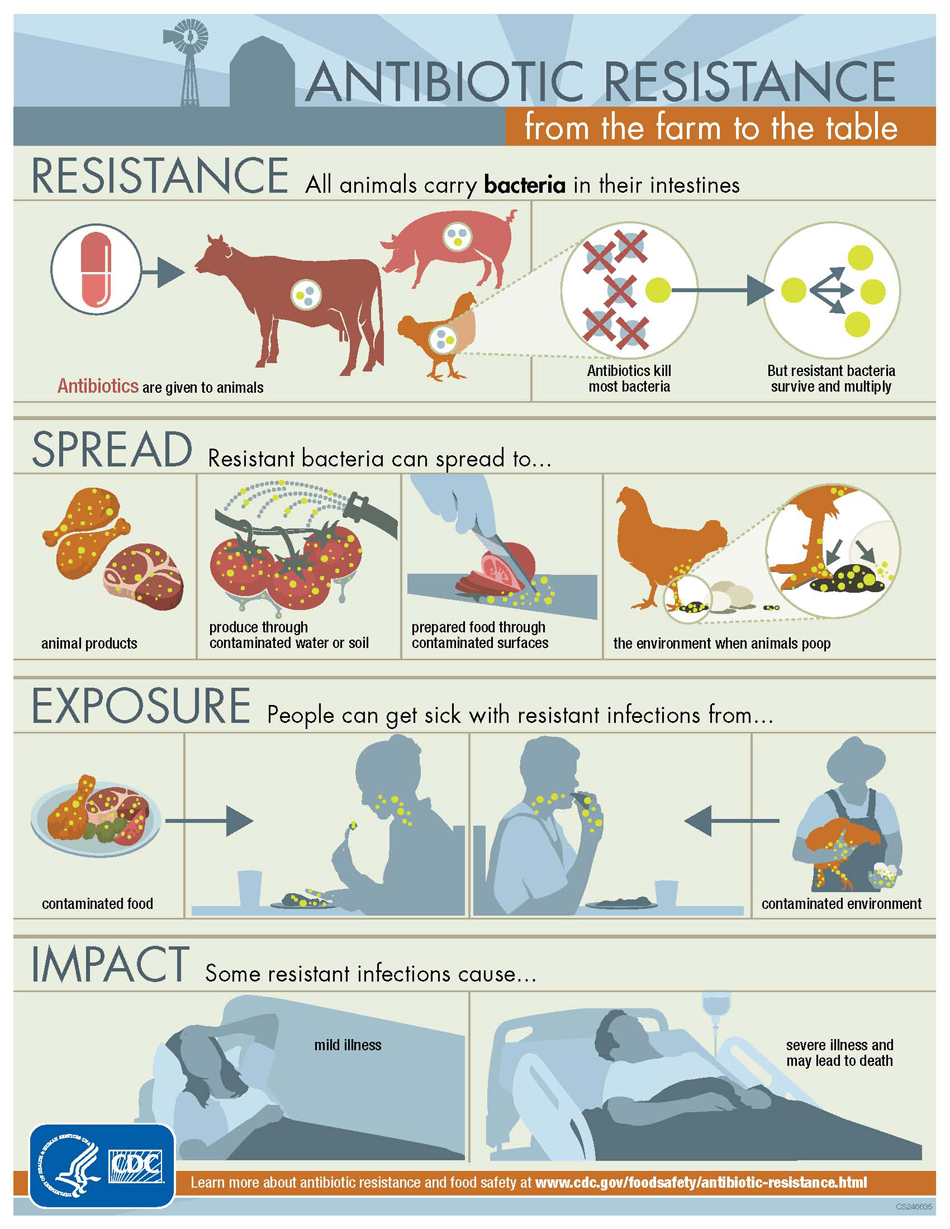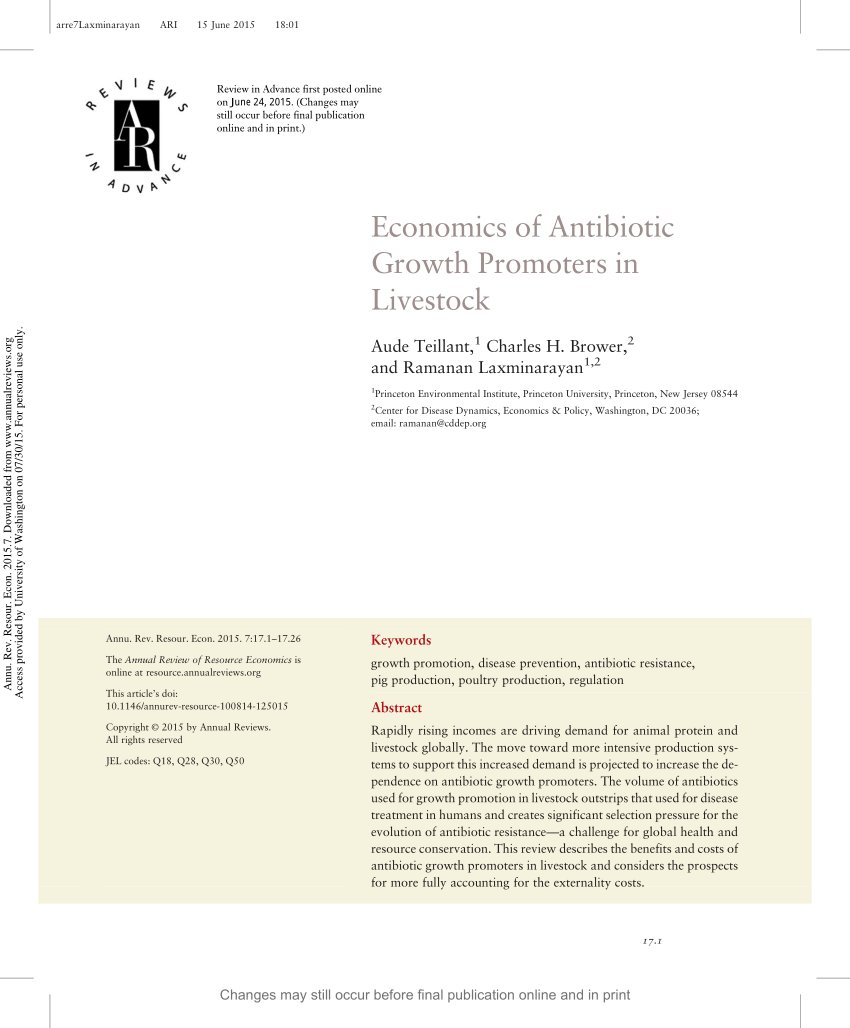Ssreek
Herald
We should be glad atleast the bottle is transparent, so that we can know before buying.. With other popular brands we can't see what's inside atleast.
We should be glad atleast the bottle is transparent, so that we can know before buying.. With other popular brands we can't see what's inside atleast.
+1 to Bs.Proper Indian cow breeds like sahiwal, gir etc are considered (pure) desi cows and it is believed that their milk and desi ghee made from that milk after butter is made is the best and has many medicinal qualities.
If you can arrange pure ghee made from the milk of purely Indian variety of cow, it is considered best and full of great healing and medicinal properties.
Cheapest way would be to still make Ghee at home, even if you do it with packet milk instead of own cow's milk. Best way to do that would be to buy a small manual cream separator. Lakshmi brand from Chadha Sales, New Delhi is the best option whether for commercial or home use. The separated Cream should be treated with Curd and left to turn, like you leave Curd to be made. Then the Curd-cream, will need to be churned into Butter, which can be consumed as it is or heated to turn into Ghee. This should cost you anywhere between 1000-1250 bucks for a litre of Ghee and you will be left with 24L of skimmed milk for consumption as well (assuming milk fat percentage of 4.5%).Hmm some comments were useful here, learned a thing or two. But coming from a family of produced ghee from its own cows' milk I always root for that authentic ghee, and I have been told that everything that's sold nowadays are just saturated fat or whatever. I tried all the brands, Nestle, Amul and Aashirvad, mum tells me none is true ghee, obviously, considering how cheap they are. Now, we do not have the provisions/means of making ghee on our own, so is there actually any good quality ghee being sold online?
So that should be with a full cream milk packet and not the regular toned milk right?Cheapest way would be to still make Ghee at home, even if you do it with packet milk instead of own cow's milk.
How much would such a device cost approx?Best way to do that would be to buy a small manual cream separator. Lakshmi brand from Chadha Sales, New Delhi is the best option whether for commercial or home use.
I don't think Indian farmers would be so naive compared to their western counterparts and not use something that has been observed and proven to improve profits:Yes you can. You buy from modern ventures like mine. Try and find one in your vicinity.
It's a simple case of economics. A litre of milk costs a farmer anywhere from 22-25 bucks depending upon feed prices and their own management. The co-operatives buy milk at an average price of 28-30 bucks. After transporting and processing they sell the same milk at 55-60 bucks. So the farmer will sell the milk, even if the animal is undergoing antibiotic treatment. But ventures like mine, who sell milk or milk products directly to customer at 50-60 bucks, can afford to take that loss and that's what we do. Also, the animals are not given antibiotics for growth. Just like humans, antibiotics are given only when the animal is sick. What's more problematic is the use of hormones like oxytocin. Using oxytocin in emergency in recommended amount is not a problem, but like everything in India, including pesticides and insecticides in crops, farmers end up using these things in excess, mostly due to misinformation and overprescription by the companies selling those products.


Very interesting so she recommends frying in saturated and avoiding polyunsaturated (what most people fry with) because polyunsaturated creates more oxidation products that are bad for health.As per this video in 1960s American heart association declared that butter/ghee saturated fats were bad for heart. It was funded by Procter and Gamble which invented vegetable oils which we use today. https://www.theatlantic.com/health/...aced-animal-fats-in-the-american-diet/256155/
American companies have ****ed up the world, Coke, Mcdonalds, dominos, high yielding crops, GMO food, vegetable oil. We eat poison.
Coconut oil.Are there any plant based saturated fats ?
Diet science is broken. You would be better off taking eating advice from your grandmother than some doctor with a fancy degree.It will be nice if Indians start bringing / asking about clinical trials & studies instead of just relying anecdotal experiences or marketing materials.
I wonder who came up with this term? AFAIK, there are no vegetables in vegetable oil. Sounds like deceptive marketing. One of the names of trans fats is 'Hydrogenated vegetable oil'. Talk about a mind f***.vegetable oils
Yes, full cream will be best option. Also, these co-operative companies sell something known as institutional packs, which are 6 L packs at discounted rates. See if you can get your hands at that.So that should be with a full cream milk packet and not the regular toned milk right?
How much would such a device cost approx?
A2 is a new generation scam .. run ads on YouTube and your brand becomes big... YouTube ads are bigger than TV ads now..
Anyone can come of a shifty brand post ads on YouTube and make money out of it.
But there is this famous guy in youtube who preaches on A2 milk and A2 ghee..He even quoted some vedic texts as sourcmoney
MoneyBut there is this famous guy in youtube who preaches on A2 milk and A2 ghee..He even quoted some vedic texts as source.
Oh so those packaged milks are fine then huh? I thought they contained some chemicals or whatever. Hmm. OK, then I will tell mum to make ghee like you said.Cheapest way would be to still make Ghee at home, even if you do it with packet milk instead of own cow's milk. Best way to do that would be to buy a small manual cream separator. Lakshmi brand from Chadha Sales, New Delhi is the best option whether for commercial or home use. The separated Cream should be treated with Curd and left to turn, like you leave Curd to be made. Then the Curd-cream, will need to be churned into Butter, which can be consumed as it is or heated to turn into Ghee. This should cost you anywhere between 1000-1250 bucks for a litre of Ghee and you will be left with 24L of skimmed milk for consumption as well (assuming milk fat percentage of 4.5%).
There are people selling genuine Ghee, but they charge much higher, anywhere from 1750 to even 3000. I plan to sell mine for 1000 bucks plus shipping, when I start in the next month or two.
Don't eat food cooked in the engine oil, your running speed will not increaseAnd I ended up buying an Engine oil and Fortune rice bran oil.

In this context groundnuts, sunflower, mustard are all "vegetables". See definition 3 of vegetable at https://www.dictionary.com/browse/vegetableI wonder who came up with this term? AFAIK, there are no vegetables in vegetable o
No, if you can find a good source of milk that you can trust, then of course, that would be better than the milk packets. I was talking especially about Ghee, because both Milk and Ghee can be adulterated in different ways. With the huge amounts of milk being mixed together, those adulterants will get diluted, but Ghee will be adulterated directly and at times even completely false product can also be sold in company packaging. Delhi police busted such a racket few years ago and every Diwali, fake khoa is caught in North India. Also fake Paneer in huge quantities was caught in Patiala, Punjab, not too long back. So that's why it's a little better option to make these products ourself, even if it is made from packet milk.Oh so those packaged milks are fine then huh? I thought they contained some chemicals or whatever. Hmm. OK, then I will tell mum to make ghee like you said.
Btw, what exactly is those milk powders? I mean Amul Spray and all? I really like the taste of it, so I consume them every now and then, I guess I am still an infant Lol.
I suppose you meant seed oil like sunflower, mustard, canola etc right? Because AFAIK 'vegetable oil' as used in ingredients is one of the worst things one can put in the human body. (This includes Soy and Palm oil)but never quit vegetable oil
Glad to know the perspective of a farmer. A question though, without use of antibiotics or pasteurizing milk how do you prevent pathogens moving via milk to the human body? Human and bovine immune systems are not the same.Just like humans, antibiotics are given only when the animal is sick.
Glad to know the perspective of a farmer. A question though, without use of antibiotics or pasteurizing milk how do you prevent pathogens moving via milk to the human body? Human and bovine immune systems are not the same.

